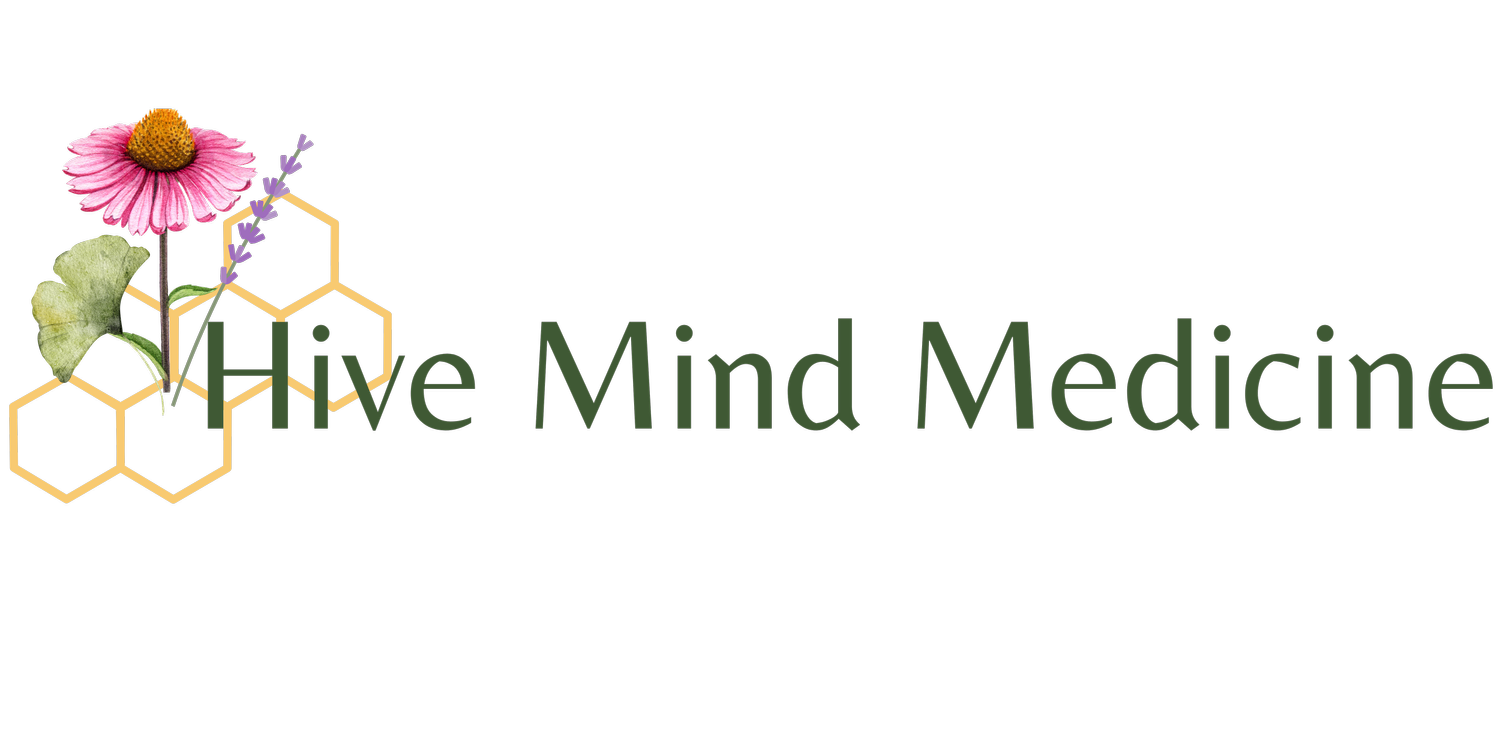Adrenal Glands: Often Ignored Key to Health
by Steven Sandberg-Lewis, ND, DHANP
Despite the crucial role they play in many functions, the adrenals are generally ignored in Western medicine. They are central to health and, when functioning well, help us adapt to all types of stress. One small, pyramid-shaped adrenal gland sits like a tiny hat on each kidney. About one by two inches, each weighs a fraction of an ounce. The outer layer of the adrenals, the cortex, yields two major hormones: cortisol and dehydroepiandrosterone (DHEA). Adrenal secretions are regulated by the hypothalamus in the brain and the pituitary gland. This is called the hypothalamic-pituitary-adrenal axis.
Cortisol and DHEA have opposite effects. The balance between cortisol and DHEA controls the health of the mucous membrane lining the digestive tract and affects the following:
Blood sugar balance
Insulin function
Immunity
Stress and coping
Mood
Energy
Sleep
Blood pressure
Digestive health
Sexual function
Bone health
A healthy response to acute stress involves increased levels of both cortisol and DHEA. They balance each other’s effects. Most people can tolerate short periods of stress, but when stress becomes chronic (over months and years), DHEA production will probably decline while cortisol often remains elevated. When the imbalance continues over time, the risk of multiple diseases greatly increases.
Fighting in a war is an extreme example of living with high stress. A study of over 4200 US army Vietnam war veterans tracked the DHEA and cortisol levels over a 15 year period. It was concluded that higher DHEA was protective against metabolic syndrome and premature death from all-causes including all forms of cancer. Higher cortisol had the opposite effect. The ratio between cortisol and DHEA was key. The higher the ratio - the more cortisol - the greater the risk of premature death.
In the standard Western healthcare approach, the adrenal glands and their hormones have a limited role. Synthetic forms of cortisol are used as medicines to suppress extreme immune responses such as allergic and autoimmune disorders. Natural cortisol (hydrocortisone) is used on the skin to suppress rashes of various types. DHEA is not used. Two rare conditions – Cushing’s and Addison’s diseases – may be diagnosed by endocrinologists using hormone tests and CT scans. Adrenal tumors may be incidental findings on an abdominal CT or ultrasound. Other than these rare diseases or medicinal suppression of inflammation with cortisol related drugs, the adrenals are basically ignored in Western medical thought.
In my naturopathic approach, I have used testing for the balance between cortisol and DHEA for the last four decades. I track the daily rhythmic secretion of cortisol and steady release of DHEA with salivary or urine tests. These data allow me to help my patients in many positive ways with natural hormones, herbal medicines, biofeedback, physical movement and nutrition.
